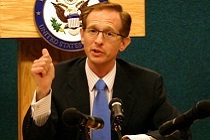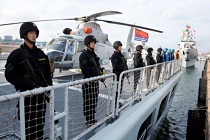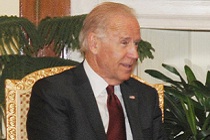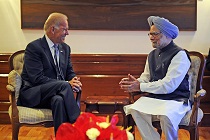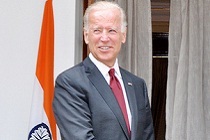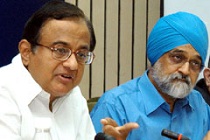Behind the scenes at Bretton Woods
Gateway House's Akshay Mathur interviews Benn Steil, Senior Fellow and Director of International Economics, Council on Foreign Relations (CFR), on his latest book, ‘The Battle Of Bretton Woods’ on how the IMF and the World Bank came to be.


